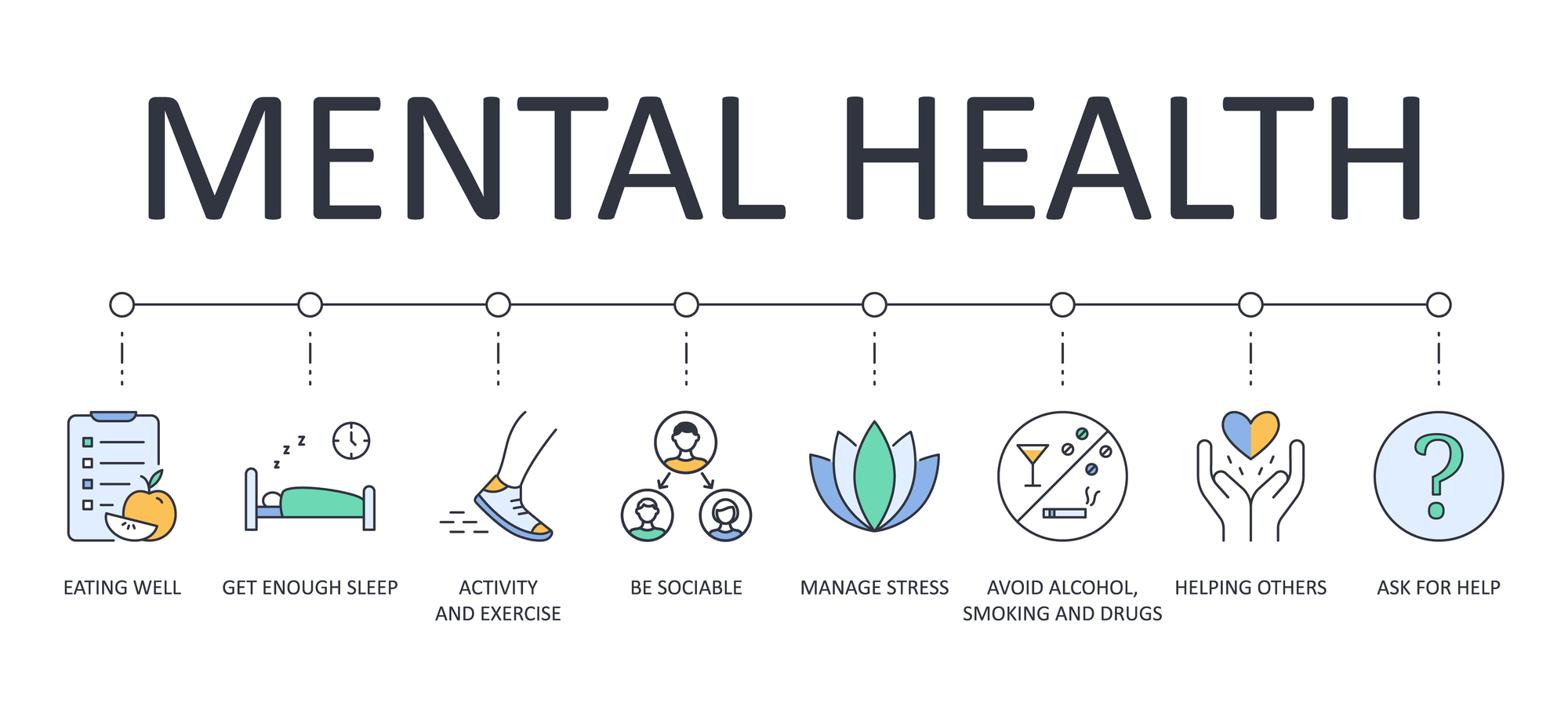They don’t promote their true and authentic self to the world. That “little” mistake:


Ever tell yourself, “Today is going to be different”—and nothing changes? Does your inner critic say harsh things like:
Life can be difficult. So much so that roughly four in 10 U.S. adults (42%) have sought therapy.

Yes, trusting a mere stranger with your hopes, dreams, and fears and then facing those scary feelings can seem uncomfortable—even risky.
Sometimes, your most significant risk is not taking one.


My approach is simple and effective. With individual counseling in Tustin, CA — it’s all about you! I provide a safe, warm, judgment-free zone as we work together.
I love encouraging individuals to promote their needs, pursue their dreams, and live without shame, guilt, or worry!
Regardless of the challenges in your life, I want you to feel empowered with the tools and skills you need to free yourself, unlock your full potential—and thrive. Individual therapy at In Touch Individual & Family Counseling of Tustin, CA can help.
I would love to be your guide to personal transformation!

Through the years, individual therapy is portrayed in the movies and television shows with iconic images of a client on a couch and a therapist sitting close by, writing on a notepad. Even so, that is not how I work. During individual therapy, we sit face-to-face, usually during in-person sessions, and we have an open discussion about changes you want to make in your life.
When we meet, I help you identify, understand, and change what you describe as either excessive or deficient things in their life. For example, “I worry too much.” Or, “I’m not as caring and calm as I want to be with my kids or partner.”
The primary goal of individual therapy is to help you feel empowered with the skills you need to make positive changes in your life by overcoming psychological challenges or achieving personal growth. During individual therapy, you can learn how to effectively manage stress and navigate interpersonal challenges while, at the same time, promoting your needs. You may develop abilities to make healthier choices, become more self-aware and increase your self-confidence. Depending on your preference, I may explore your early relationships, encourage you to adopt new ways of thinking, or guide you in replacing old behaviors with new ones. The choice is yours to make because individual therapy is all about you!
My 22 years of experience have taught me the importance of starting fresh with each client. I like to keep individual therapy simple, effective, and well thought out. During our first session, we discuss the pressing concerns that brought you to therapy, and I gather information about your bio-psych-social health. If you want, we can discuss the role that spirituality may (or may not) play in your life. I will leave that topic up to you. This phase is called assessment. I need this information to:
The assessment phase of therapy can take a few sessions to develop a solid understanding of why you came, and what you want to accomplish. Next, I ask for your input as I develop my treatment plan. Together, we identify measurable and observable goals. The goals of individual therapy may differ depending on your personal needs however, I’m committed to:
This collaborative effort helps us develop mutually agreeable solutions for how best to reach those goals. That said, finding a therapist you are comfortable with is vital to successful treatment. My goal is to provide a safe, warm, judgment-free zone so you can expand your awareness of yourself and to develop the skills you desire to promote your wishes, wants, and needs in life.
If you do individual therapy with me, I encourage you to do most of the talking. At first, it may be hard to talk about past experiences or current concerns. If fact, sessions may stir up intense emotions. Yes, it is possible to become upset, angry, or sad during our time together. But rest assured, we can laugh together as well. As your self-confidence increases, you will become more comfortable as sessions progress.
If you want, I might assign “homework” to fortify what we are processing during individual therapy. Rest assured, you can also ask questions at any point in the process. You may develop a more positive mood and healthier thinking patterns as time passes.
Life for everyone is marked by a mix of serenity and stress, blessing and bereavement, good moods and bad—which sometimes make it difficult. Starting individual therapy might be the best thing you can do for yourself. That doesn’t mean the process is always easy in the beginning. Still, the result can be so rewarding and life-changing that most people agree therapy is worth it.
Step one: Let Your Guard Down & Don’t Let Stigmas Get In the Way
One of the biggest hindrances to knowing how to start therapy can often be letting go of your view or perception of therapy in the first place. Society can make it seem like asking for help with mental health issues is a bad thing. Even more, your inner critic can play a crucial role as well. Some of these reasons include:
The reality is that taking the plunge and deciding that you’re ready to start living your best life and then actually doing the work is one of the best things you can do. Individual counseling or mental health treatment can be a colossal act of self-care and a way to say to yourself, “I’m worth it!”
Step Two: Get honest with yourself
So, when should we seek a mental health professional or individual therapy? It’s probably time to seek treatment if an issue or a relationship causes distress or interferes with daily life. The American Psychological Association, with more than 133,000 researchers, educators, clinicians, and consultants, offers these warning signs or alarm signals:
Individual therapy can also help if you cannot focus on work or school or feel like meaningful relationships are struggling.
Step Three: Contact me today.
Rest assured, during individual therapy, I pride myself on developing a relationship with you that is empathic, trusting, and caring. If we meet, I try to understand your life experiences—from your perspective! Hopefully, those actions will earn your trust through respectful listening and collaborative guidance.
Lastly, individual therapy is a unique place where you don’t have to edit your thoughts or feelings. It’s just you and me. It’s a place to relax and become who you are meant to be—your best version of you! Individual therapy can also be your place—to encounter hope, that things can get better! To learn a fresh perspective so you can approach life with a new attitude, open to changing your behaviors and views with yourself.
Imagine what it can feel like living life to the fullest. Imagine? You don’t have to anymore. You’ve waited long enough. Contact me today because I’d like to help!
Therapy can make a big difference in your life. The healing that you experience and the changes you can make will impact not only you, but your family and future generations as well. Although therapy can seem expensive, when it is understood as an investment, it is truly an investment in you, the health of your relationship, and your future of those you call important!
Feel free to check out my fee structure.
The short answer? I take pride in doing good therapy, so I like to work myself out of a job as quickly as possible. The long answer? In most cases, I meet with clients weekly or bi-weekly. However, there is no one-size-fits-all approach. I have clients I have seen for years, and we meet on a once-a-month maintenance plan.
Meanwhile, others require once a week appointment. The majority of clients that I see for more extended periods are with severe and persistent issues related to depression, anxiety, or dependency. “How long” depends on your desire for personal development, your commitment to therapy, and the social factors that can interfere with therapy—things like work, parenting, and life. The duration of time for individual therapy is entirely up to you.
Once you have answered yes to the question of whether I need therapy, it’s time to determine if individual counseling is right for you. The first step is to ask yourself questions about what you’re looking for and need from a therapist. Some questions to ask are:
One: What do I want to get out of therapy? Having clear goals is vital in getting the most out of individual therapy. So…
Two: How much time and resources are you willing to commit to therapy?
I’m the first person to admit that seeing a licensed therapist can be expensive. So ask yourself how much effort, time, and money you’re willing to invest in your wellbeing. How often can you meet with a therapist? How much money are you willing to commit to the process? How much are you able to spend on this short-term endeavor?
Of course, there are some practical things to consider if individual therapy is right for you, so think about things like:
Lastly, don’t settle for any therapist. Finding your therapist is like finding a good pair of shoes—it’s a good idea to try ‘em on before you take them home. Keep in mind that there’s nothing wrong with telling me that you don’t think we are a good fit. Even more, a giant body of research suggests that your long-term prognosis is vastly improved when you find someone that you can develop a meaningful bond with. In professional terminology, we call it therapeutic alliance.
I hope that if we meet, our relationship can enable confidence and reassurance, as well as openness and honesty about your life or situation. Doing so paves the way to accept yourself for who you are and promote your needs with more confidence and less effort!
Truth be told—working with someone you don’t connect with is NOT in your best interest. You should never settle for just any therapist. Keep looking until you find someone who feels right, even if it’s not me. When you can confide in them and share all your feelings and personal thoughts, you’ll get better results and substantially enhanced healing. Therapy can be a lot of deep, challenging work, but it’s worth it, and so are you, so be sure to take the time you need to find the right person for you–even if it’s not me!
Sign Up With Your Email Address To Receive News And Updates
We respect your privacy.

145 W Main St #100, Tustin, CA 92780
Offering individual counseling and couples therapy in Orange County, CA,
including Tustin, Villa Park, Newport Beach, Costa Mesa, Santa Ana, and Irvine.
Privacy | Website by Private Practice Elevation